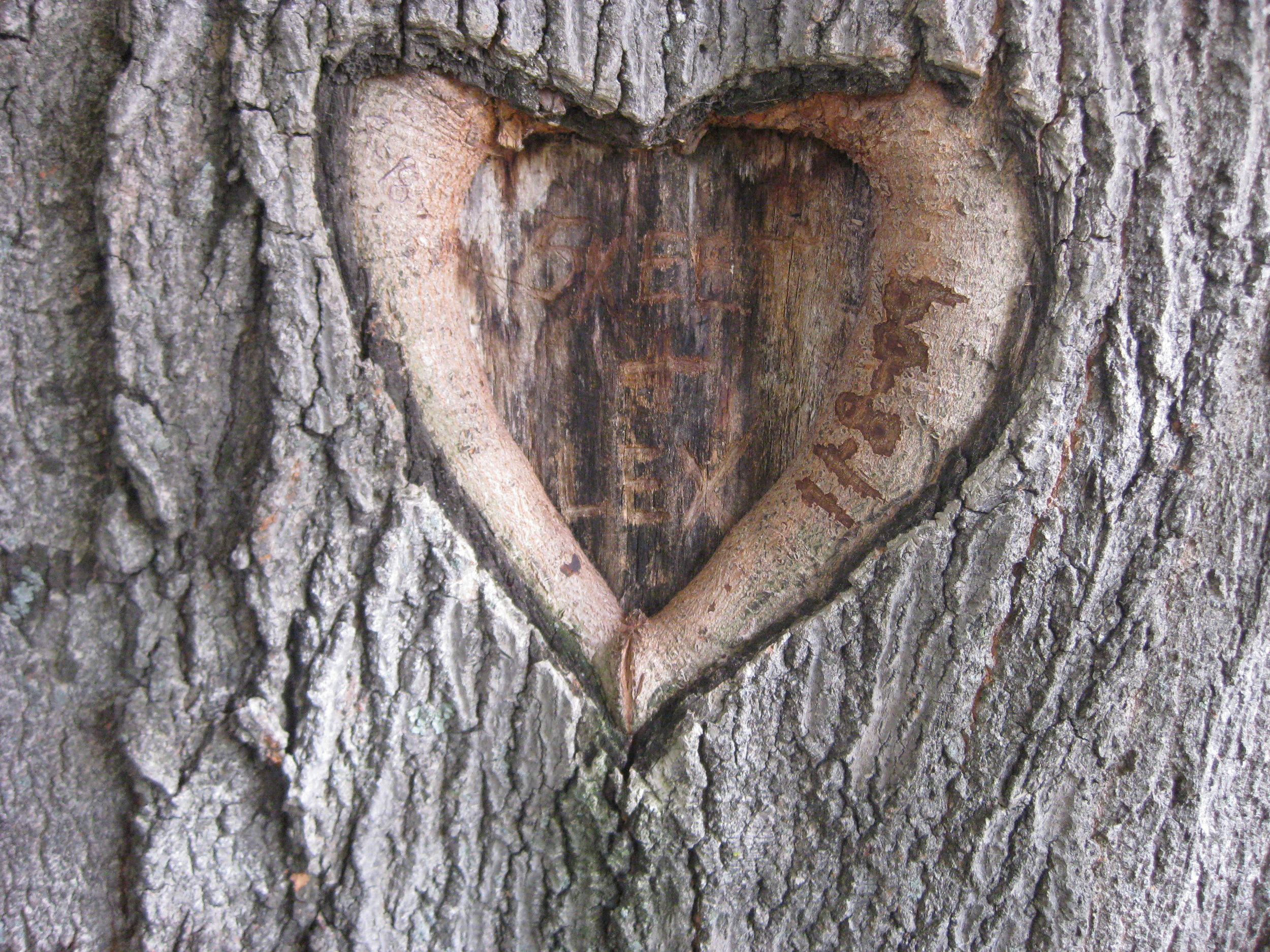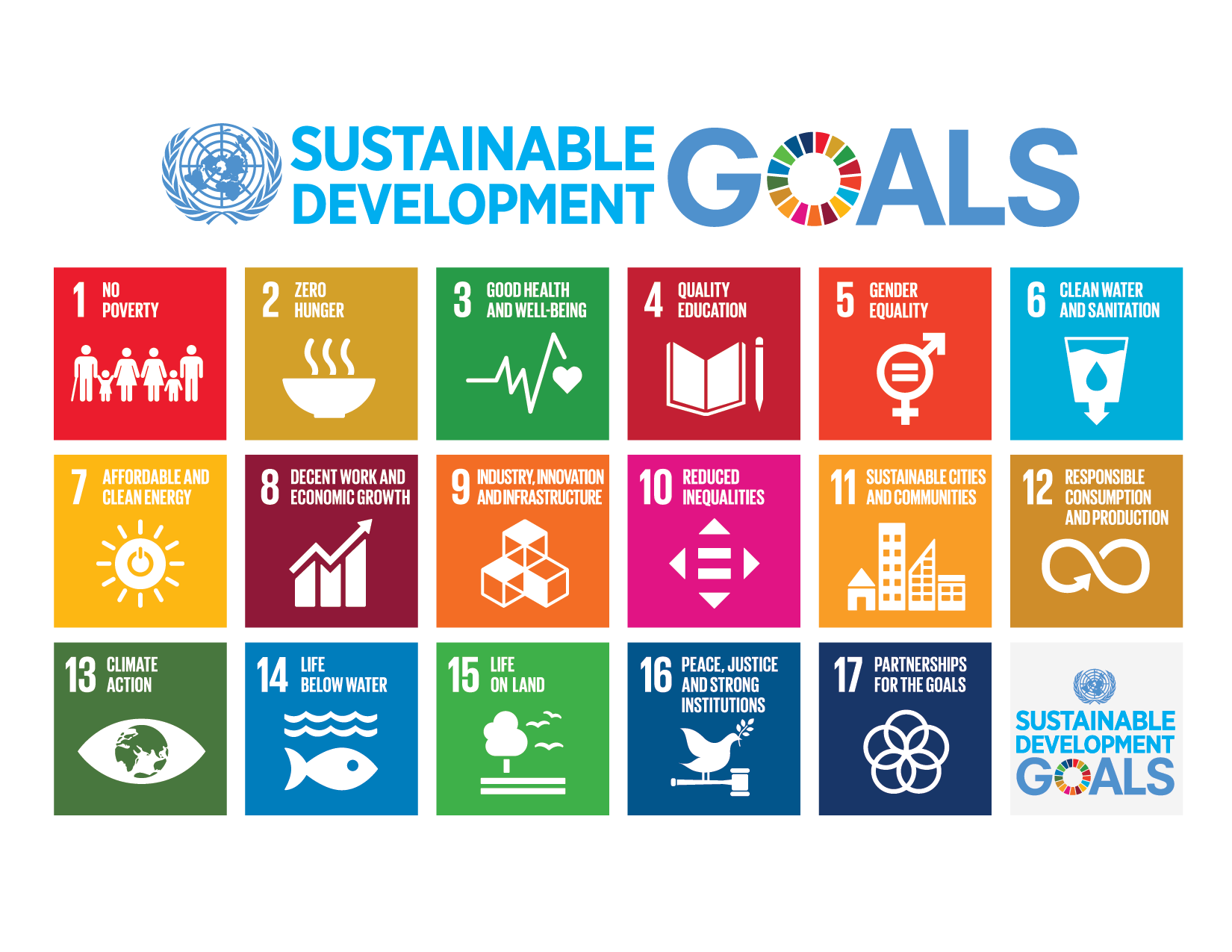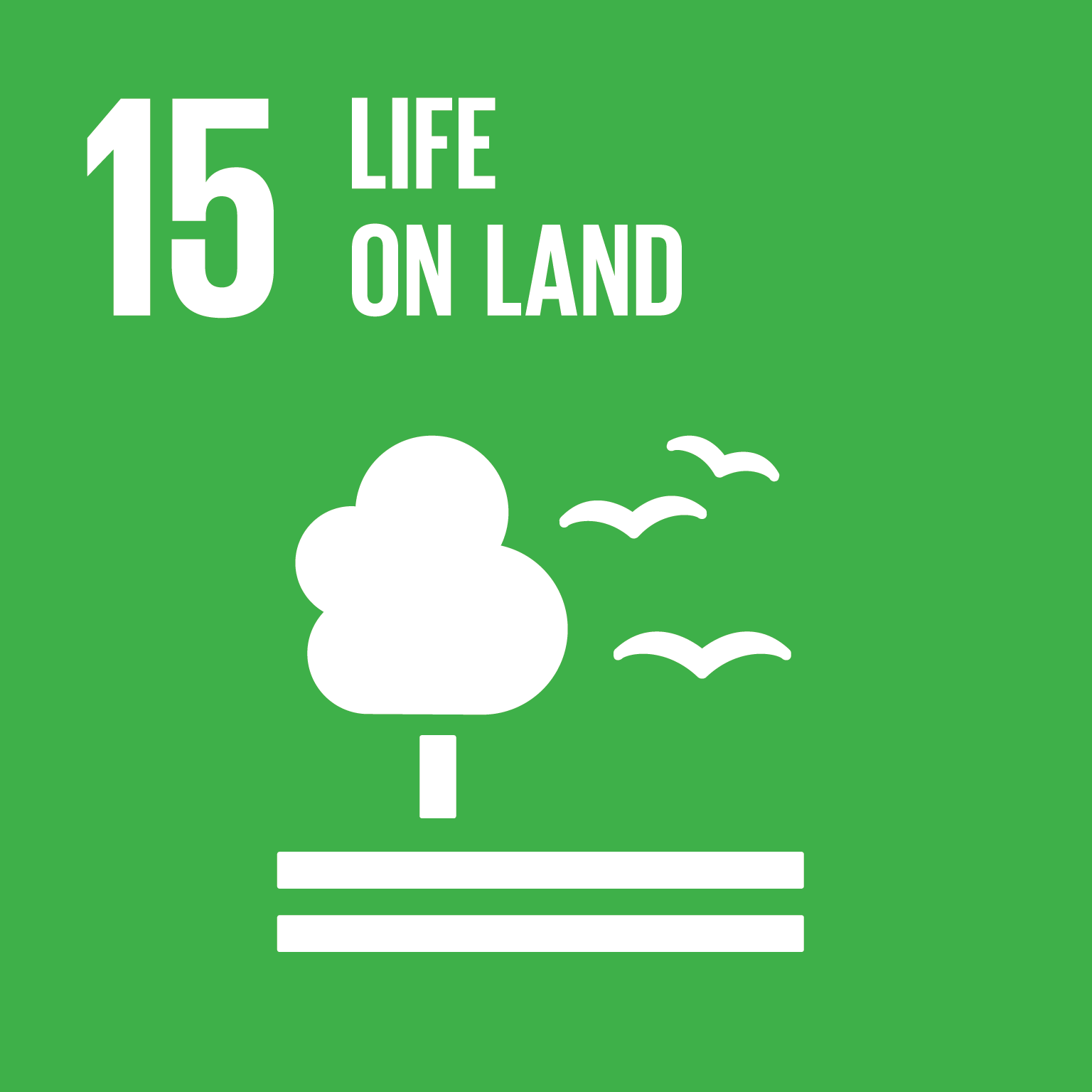Plants are first responders
working hard to solve global and climate change. Plants are the super heroes of natural resources.
Earth and human challenges
Earth’s problems occur in the living world, natural resources, land and water use, energy resources and consumption, and pollution.
Humans add to global warming and global change – cutting down trees, covering earth with buildings and roads so plants don’t grow, burning fossil fuels which increase carbon dioxide and other gases, all increasing Earth’s temperature.
We see the results of warming – hotter seasons, devastating weather events, species extinction, ice caps melting, and lakes drying out…
It can make you feel frustrated and powerless.
But putting plants in your daily life in some way can help.
WHY?
Plants take in carbon dioxide, release oxygen in photosynthesis, anchor soil, shade the environment, make beautiful green spaces, make habitat for animals, feed us, house us, reduce flooding, protect ecosystems and provide energy.
Planting, conserving and protecting plants are answers to Earth’s environmental challenges. Personal daily actions can conserve and protect plants. Green plant action can happen in your own yard, in the community, and globally.
Plant solutions for sustainability can be on your own, with schools, local government and initiatives, or with activist organizations.
Plants are the Answer in the United Nations Sustainable Development Goals
Ambitious, thoughtful, inclusive and action-oriented, the United Nation’s Sustainable Development Goals nail down Earth’s and humanity’s challenges.
6 of the 17 "Goals to Transform Our World"
include Plants as an Answer.
Whatever you ate today was a plant, or eaten by an animal that ate a plant.
Worldwide, people depend on plants for energy.
How land is used includes plants – absent or present.
Tree lined streets have a lower incidence of crime.
Plants are natural resources for the food we eat, the goods we use and the energy we need.
Plants are part of the big picture of climate change in a warming world.
Plants are the basis for all land ecosystems.
Their structure and energy guide animals and their habitat.
Trees are a Plant Answer to a sustainable Earth
Paper is made from trees. The fewer trees that are cut down and milled into paper, the better, as these large photosynthesizing plants work as a carbon sink for the excess carbon dioxide that’s warming our atmosphere.
Recycle paper
Chopping down trees to make new paper isn't sustainable since trees grow slowly.
Consider – manufacturing paper from existing paper saves trees, energy and water. And paper thrown away in landfills breaks down into methane, another carbon based warming greenhouse gas that contributes to global warming.
Quick solutions to increase paper recycling:
• Check your local community to see what’s available and expected for paper recycling.
• Put recycling bins next to trash as reminders.
Conserve paper:
• Print double sided copies
• Read electronic text
• Repurpose junk paper
Plant trees, and don’t cut them down
Trees are big plants that do big things.
Shade, fruit, wood, animal homes, landscape, history, play, art, symbols, fuel...
trees do it all.
The natural gifts of trees are the same as all plants, but on a larger scale – they anchor soil, absorb excess water, photosynthesize - producing oxygen and take in carbon dioxide - and are soothingly green and peaceful.
The psychology of trees is a thing. The high canopy of trees is positive for mental and physical health.
Tree lined streets are beautiful places to walk and live. Studies have shown that neighborhoods with fewer trees are associated with more crime, and there’s less crime with more green trees.
Planting trees
Don’t want or need a tree at home, but want to plant trees? There are tree planting events in your community.
Search “plant trees”, “tree planting events near me”.
It’s a really fun way to meet new people, learn to plant a tree, be outdoors, and know you’re helping Earth’s biodiversity.















